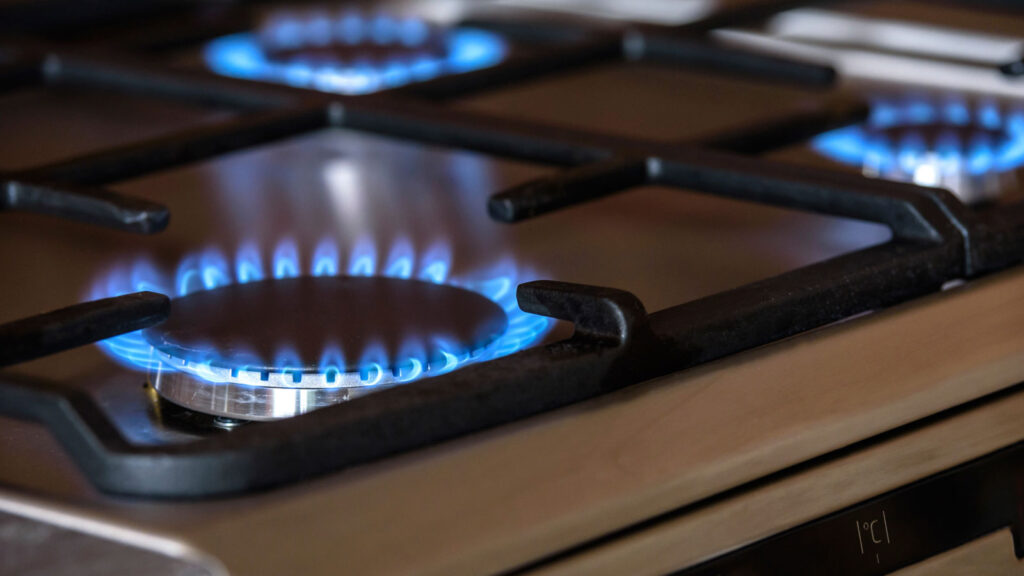Gas safety is an important issue for any homeowner, but it’s especially important for landlords who are responsible for the safety of their tenants. As a landlord, you have a duty of care to make certain that your tenants are safe in their homes, which includes ensuring that gas appliances and fittings are safe and in good working order. In this guide, we’ll cover everything you need to know about gas safety in the home and what you can do to keep your tenants safe.

The Legal Responsibilities of Landlords for Gas Safety
Landlords have a legal responsibility to ensure that all gas appliances and fittings in their properties are safe and comply with the Gas Safety (Installation and Use) Regulations 1998. This includes arranging for an annual gas safety check to be carried out by a Gas Safe registered engineer and providing your tenants with a copy of the gas safety certificate.
The Importance of Regular Gas Safety Checks
Regular gas safety checks are essential to ensure that gas appliances and fittings are in good working order and are not posing a risk to your tenants. Gas appliances can develop faults over time, such as leaks or blockages, which can lead to dangerous carbon monoxide (CO) leaks. An annual gas safety check will guarantee that any potential issues are identified and addressed before they become a serious risk. If you haven’t had any certification done yet, a quick Google search for “a gas safety certificate near me” should yield a list of professionals who can come and assist you, and before you ask if it is a legal requirement that you need to do every single year, the answer is yes.
What to Expect During a Gas Safety Check
During a gas safety check, the engineer will inspect all gas appliances and fittings on the property to ensure that they are safe and in good working order. They will also check for any potential issues, such as leaks or blockages, and test the appliances to certify that they are functioning correctly. After the check, the engineer will provide you with a gas safety certificate for landlords, which you must provide to your tenants within 28 days of the check being carried out.
What to Do If a Gas Safety Issue is Identified
If a gas safety issue is identified, it’s crucial to take immediate action to address the problem. If the issue is severe, such as a gas leak, it may be necessary to shut off the gas supply to the property until the issue is resolved. It’s essential that you contact a qualified Gas Safe registered engineer to address any issues you may suspect. They will have the expertise and experience to identify and resolve the issue promptly and safely. It’s also important to inform tenants of any gas safety issues and the steps being taken to resolve them. Keeping them informed can help alleviate concerns while ensuring their safety. Once the issue has been resolved, a new gas safety check should be conducted to verify whether the appliance or fitting is now safe to use, and a new gas safety certificate should be provided to tenants.
Educating Tenants on Gas Safety
It’s also essential to educate tenants on gas safety and what they should do in case of an emergency. Tenants should be advised on what to do in case of a gas leak or carbon monoxide poisoning, be given information on how to properly use gas appliances, and they must be provided with a copy of the gas safety certificate. London-based residences have a fair turnover rate, so it’s important to make sure that you go through these with each and every new tenant, as soon as is convenient for both parties.
Keeping Gas Safety Records
It’s essential to keep these records of all gas safety checks for at least two years and give a copy to new tenants before they move in. Keeping gas safety records is not only a legal requirement but also helps landlords keep track of any issues that have been identified and resolved during previous checks. It’s a good practice to keep these records organised and easily accessible in case of inspections or emergencies.
Gas safety in the home is not something landlords can take for granted. Ensuring the safety of tenants is not only a legal requirement but also a moral obligation. By following gas safety regulations, landlords can protect their tenants from gas-related accidents and ensure their compliance with the law. All reputable landlords should aim to provide a safe and comfortable environment for tenants and protect the investment in their property, and following the gas safety regulations is just one of the ways they can go about doing so.
